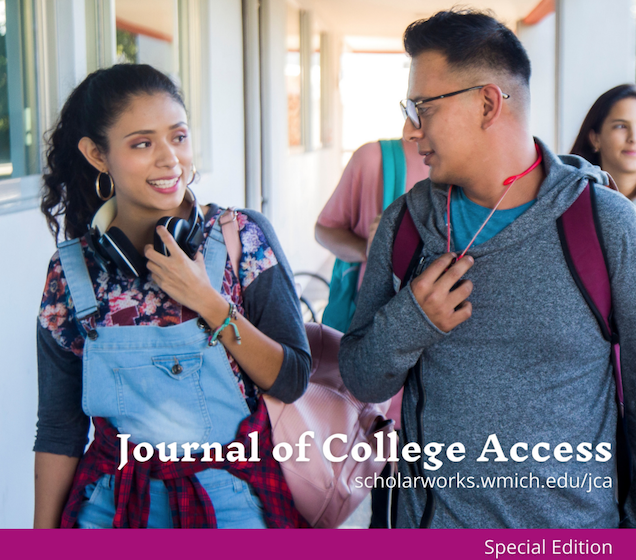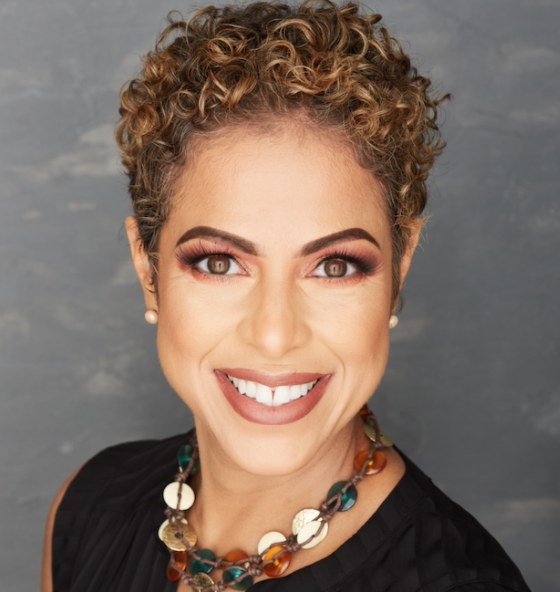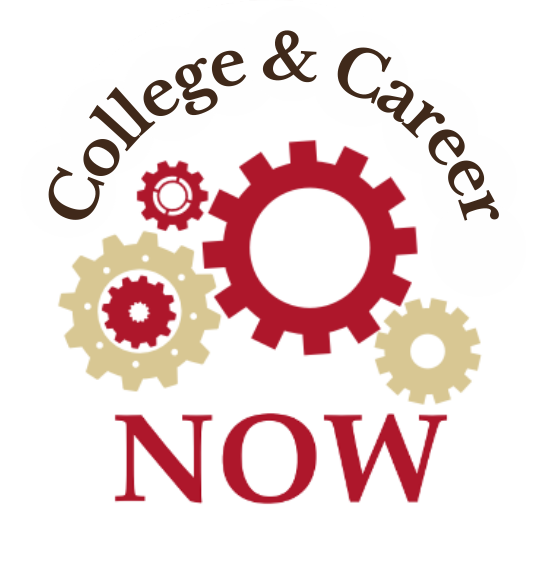
Journal of College Access Puts the Focus on Undocumented Students
By Diana Camilo
Co-Executive Director, Center for Equity and Postsecondary Attainment, San Diego State University
The Journal of College Access has published a special issue, “College Access and Success for Undocumented Students.” This edition sought manuscript submissions that offered innovative perspectives and interventions in the context of college and career readiness and postsecondary access for undocumented students. This issue also seeks to increase awareness and deepen the understanding of sustainable frameworks that support the success of these students.
The goal for this issue is to provide a significant contribution to the fields of secondary education, sociology, higher education, counselor education, student services, and educational leadership. We also hope to help bridge research and practice and anticipate that service providers, educators, other advocates, and those interested in utilizing research to inform their policy work will gain further insight as they lead the efforts to create institutional and systemic change for undocumented students. As such, the completed journal includes the work of researchers, counselor educators, practitioners, educational leaders, college access partners, and doctoral candidates.
Selected papers for this issue represent an array of research-driven approaches, best practices, and policies at the district or college level. We anticipate that this issue will further enhance the professional development of those directly working with undocumented students.
Editorial Reflection
We see that despite the many efforts, resources made available, and policies adopted to support undocumented students in their post-secondary attainment, they continue to grapple with trauma and mental health issues; even before the Covid-19 pandemic. So, while we can acknowledge their resiliency and strength, we are called to recognize that it is coupled with fears, anxiety, students still living in the shadows, and trauma. In other words, the resilience and strength students exhibit, and their experienced trauma and mental health concerns are not mutually exclusive. In fact, the research shows that resiliency and strength can manifest themselves amidst the trauma and mental health issues undocumented students experience. Lastly, we must be mindful that for undocumented students, post-secondary education is not a rite of passage, but an arduous undertaking. Not including how hard it is to be a college student.
Overall, this special issue highlights the continuous need to unveil the barriers undocumented students face in their path to higher education. Qualitative studies show that students must always be central in this work. Several of the proposed models throughout this special issue showcase the possibilities for educators, advocates, and allies to support students. The manuscripts as a collective show that most important in the work of supporting undocumented students in their path toward postsecondary education is the need to continue to highlight existing systemic injustices and ways to bring about systemic change. However, most important to consider is the resiliency of undocumented students and the invaluable role of their advocacy. We as practitioners and scholars cannot do our work without including student voice and involvement.
Special Issue Highlights:
- Cost continues to be the leading barrier for students.
- Discrepancies at the national, state, and institutional levels continue to exist regarding enrollment options, practices, and policies.
- School counselors and college access partners still lack adequate preparation and knowledge about the process to post-secondary education for undocumented students.
- Even in undocu-friendly, undocu-competent, or sanctuary schools or districts, students continue to experience racism, micro-aggression, or exclusionary practices.
- Allyship from the practitioners, institutions, and community-based leaders, and stakeholders can have a positive impact on how students navigate existing barriers and personal hardships, and persistence.
- Student activism is instrumental in establishing institutional and systemic change.
- Despite potential risks, students perceive research participation as an avenue for continued advocacy for other undocumented students.
- Parents and loved ones continue to be an invaluable asset toward student success.
Future Research and Call to Action
- We must better understand how trauma and mental health impacts undocumented students’ postsecondary experiences.
- It is important to explore models for undocu-competence for practitioner, institutional, and national levels.
- It is important to identify information and/or resources for students in absence of undocu-competent, safe individuals or institutions.
- Models of mentoring unique to undocumented students must be explored.
- We should also investigate what makes for successful partnerships of schools and community-based and other non-profit organizations.
As we reflect on the diverse contributions of the authors and the stories shared by undocumented students, their families, allies, and practitioners, we are calling for further research and policy inquiry. Many authors are from states and institutions with policies that are unfriendly to undocumented students, and further research and legislation must be created to improve the educational trajectories for these students across the United States. Additionally, in many states, undocumented students attend community colleges at higher rates than 4-year universities. Therefore, it is imperative that further research on the pathways to and through community college —including non-credit courses, technical education (also known as vocational), and general education or transfer pathways — is completed. We hope this issue will lead to new research and create change at local levels and beyond.
Articles Overview
The first five articles in this issue feature the experiences of undocumented students and their loved ones.
Hyein Lee draws from TheDream.US’s latest survey data of 2,681 undocumented students surveyed during the COVID-19 pandemic to identify their specific needs for college completion and career readiness, as well as institutional supports needed for equitable access to social mobility.
Carolina Valdivia, Marisol Clark-Ibáñez, Lucas Schacht, Juan Duran, and Sussana Mendoza, members of the UndocuResearch Project, discuss how the political terrain has impacted undocumented high school students and share key recommendations for educators and counselors.
Stephany Cuevas, through the ecological systems theory, highlights the significant impact the political climate in the United States has on undocumented Latinx parents’ engagement in their children’s education.
Brianna R. Ramirez describes five particular ways in which racist nativism underlies undocumented Latinx college access experiences.
Rachel E. Freeman and Carolina Valdivia focus on undocumented graduate students, specifically the imperative for colleges and universities to build equitable programs at the graduate and professional degree levels. The authors share what they learned working with My Undocumented Life and their facilitation of dozens of UndocuGrads Workshops.
The last seven articles highlight effective interventions and approaches for impactful advocacy.
Katherine Bernal-Arevalo, Sergio Pereyra, Dominiqua M. Griffin, and Gitima Sharma share school counselors’ perspectives on the experiences of undocumented student and highlight how school counselors can implement programs and remove barriers that make college inaccessible for undocumented students.
Keisha Chin Goobsy addresses the need for mentoring undocumented students using the cultural wealth mentoring model and other impactful strategies.
Nicholas Tapia-Fuselier examines the ways in which undocumented student resource centers support undocumented students and contribute to institutional efforts to enhance “undocu-competence.”
Patty Witkowsky, Jennifer Alanis, and Nicholas Tapia-Fuselier discuss how intentionally engaging undocumented students and equipping faculty and staff creates an “undocu-competent” culture that promotes and sustains student success.
Rachel E. Freeman, Daniela Iniestra Varelas, and Daniel Castillo showcase university presidents featured in the film “College Presidents with Undocumented Students” to demonstrate their leadership in building equity with undocumented students.
John A. Vasquez, Alejandra Acosta, Rosario Torres, and Melissa Hernandez describe how a group of undergraduate and graduate University of Michigan student researchers, both documented and undocumented, developed an instrument and website to analyze institutional policies related to in-state resident tuition, admission, and financial aid in the state of Michigan.
Iliana Perez, Nancy Jodaitis, and Victor Garcia from Immigrants Rising highlight lessons and best practices from the California Campus Catalyst Fund, support programs for undocumented students at 32 campuses within the public higher education segments in California.
Recognitions
We continue to be grateful for the scholars and practitioners who continue to advocate for the social and racial equity of undocumented students. We especially thank the many undocumented students and their loved ones who continue to engage in their educational dreams and the educators who support them on this journey.

Diana Camillo
Diana Camilo, Ed.D, LCP, NCC is an Assistant Professor at CSU San Bernardino. Her expertise is in school counseling, student services, and administration. As administrator for Chicago Public Schools, she provided district-wide planning, management, and the evaluation of interventions and policies to support and sustain the implementation of school counseling programs. Her work predominantly explores culturally responsive practices, school counseling, and the college and career readiness of minoritized populations. She will also serve as co-director of the Center for Equity and Postsecondary Attainment (CEPA). She was also the founder and chair of the Supporting Access to Higher Education for Immigrant and Undocumented Students conference at SDSU and is a member of the UndocuResearch Project.
The Center for Equity and Postsecondary Attainment is excited to welcome Dr. Diana Camilo as the Co-Executive Director and looks forward to collaborating on work to improve access and success for communities and students who have been historically marginalized and kept from postsecondary opportunity.
